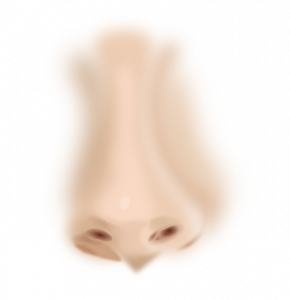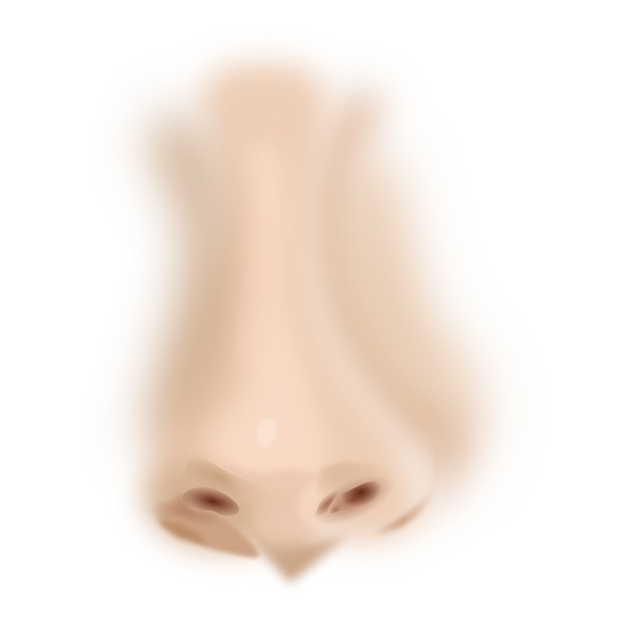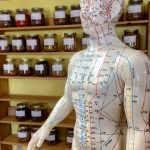Nasal polyps are noncancerous growths that develop in the lining of the nasal passages and sinuses. They are often described as teardrop-shaped or grape-like structures that can vary in size. Nasal polyps can occur in anyone, but they are more common in adults over the age of 40. They can be a chronic condition and may require ongoing treatment to manage symptoms.
According to the American Academy of Otolaryngology-Head and Neck Surgery, nasal polyps affect approximately 4% of the population. However, this number may be higher as many people may not seek medical attention for their symptoms. Nasal polyps can cause significant discomfort and impact quality of life, so it is important to address them promptly.
Causes of Nasal Polyps
 The exact cause of nasal polyps is not fully understood, but several factors may contribute to their development. These include:
The exact cause of nasal polyps is not fully understood, but several factors may contribute to their development. These include:
Allergies: Allergic reactions to environmental triggers such as pollen, dust mites, or pet dander can cause inflammation in the nasal passages and sinuses, leading to the development of polyps.
Asthma: People with asthma are more likely to develop nasal polyps due to chronic inflammation in the airways.
Chronic sinusitis: Chronic inflammation of the sinuses can lead to the development of polyps.
Genetics: There may be a genetic component to nasal polyp development, as they tend to run in families.
Aspirin sensitivity: Some people with nasal polyps may have a sensitivity to aspirin or other nonsteroidal anti-inflammatory drugs (NSAIDs).
Symptoms of Nasal Polyps
The symptoms of nasal polyps can vary depending on their size and location. Some common symptoms include:
Nasal congestion: A feeling of stuffiness or blockage in the nose that makes it difficult to breathe through the nostrils.
Runny nose: Excess mucus production that can lead to a runny or drippy nose.
Postnasal drip: Mucus that drips down the back of the throat, causing a cough or sore throat.
Decreased sense of smell: Nasal polyps can interfere with the sense of smell, making it difficult to detect odors.
Facial pain or pressure: Polyps can cause pressure or pain in the face, particularly around the eyes, cheeks, and forehead.
Natural Remedies for Nasal Polyps
While there is no cure for nasal polyps, there are several natural remedies that may help manage symptoms. These include:
Saline nasal irrigation: Rinsing the nasal passages with a saline solution can help reduce inflammation and clear mucus from the sinuses.
Steam inhalation: Inhaling steam from a hot shower or bowl of hot water can help loosen mucus and reduce congestion.
Turmeric: This spice has anti-inflammatory properties and may help reduce inflammation in the nasal passages.
Ginger: Ginger also has anti-inflammatory properties and may help reduce swelling in the sinuses.
Vitamin C: This antioxidant may help boost the immune system and reduce inflammation in the body.
Probiotics: Some research suggests that probiotics may help reduce inflammation in the sinuses and improve overall immune function.
Treatments for Nasal Polyps
In addition to natural remedies, there are several medical treatments available for nasal polyps. These include:
Corticosteroid nasal sprays: These sprays are used to reduce inflammation in the nasal passages and sinuses. They are often used as a first-line treatment for mild to moderate cases of nasal polyps.
Oral corticosteroids: In more severe cases, oral corticosteroids may be prescribed to reduce inflammation throughout the body.
Surgery: If other treatments are not effective, surgery may be necessary to remove the polyps. This is typically done as an outpatient procedure and may involve the use of a small camera to guide the surgeon.
Prevention of Nasal Polyps
While it may not be possible to prevent nasal polyps entirely, there are several steps that can be taken to reduce the risk of developing them. These include:
Avoiding allergens: If allergies are a trigger for nasal polyps, avoiding exposure to allergens such as pollen, dust mites, and pet dander can help reduce inflammation in the nasal passages.
Managing asthma and allergies: Proper management of asthma and allergies can help reduce inflammation in the airways and sinuses.
Practicing good nasal hygiene: This includes regularly washing hands, avoiding touching the face, and using a saline nasal rinse to keep the nasal passages clean.
Nasal polyps can be a chronic condition that requires ongoing management. While there is no cure for nasal polyps, there are several natural remedies and medical treatments available to manage symptoms. It is important to seek medical advice if you suspect you may have nasal polyps, as they can cause significant discomfort and impact quality of life.
By incorporating natural remedies and prevention methods into daily routines, individuals with nasal polyps can take control of their symptoms and improve their overall health. Sharing experiences and tips with others can also provide support and encouragement for those managing this condition.









